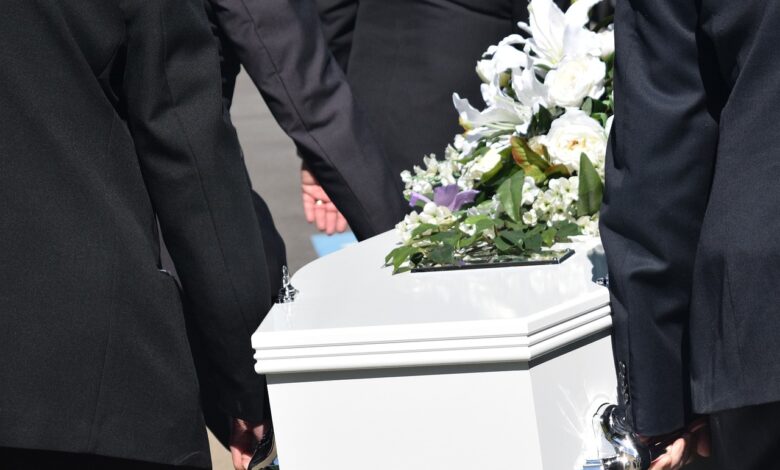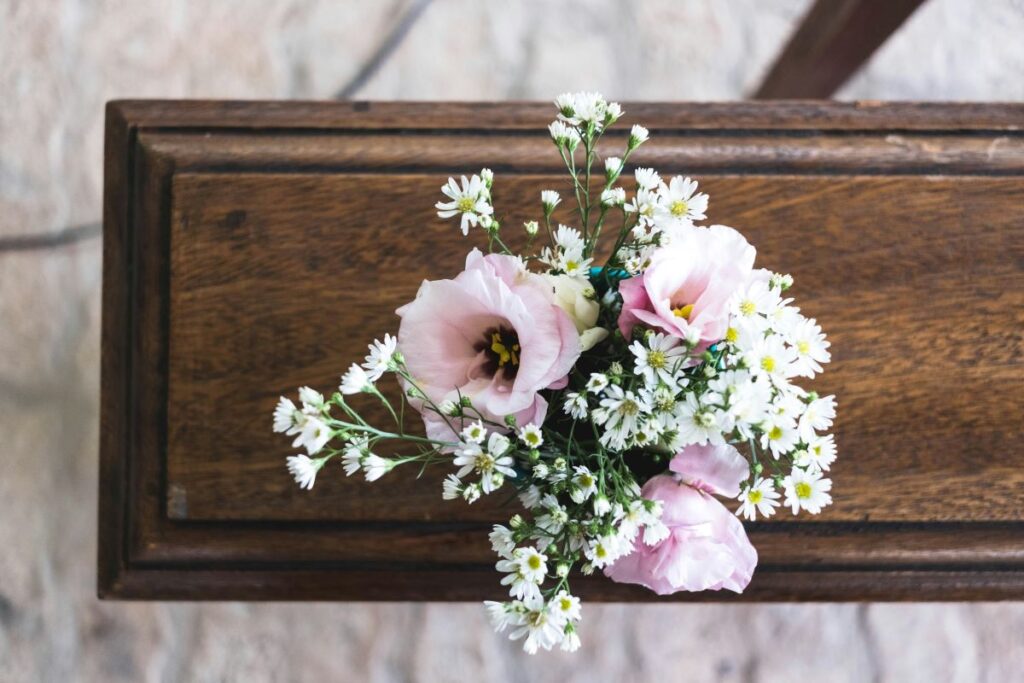
Five Things You Did Not Know About A Buddhist Funeral
The majority of Singaporeans are Buddhists. One in three Singaporeans believe in the Buddha. Hence, more Taoists choose to conduct a Buddhist funeral instead of a Taoist one to simplify the funeral process.
Moreover, it is important to understand a few things about a Buddhist funeral in Singapore. This article explains the top ten things to know about a Buddhist funeral.
An Overview Of Buddhist Funeral
Buddhism strongly influences Singaporean culture, which is why the Buddhist philosophical approach is so familiar to people in the country.
Moreover, the country’s funeral rites have deeper connections with ancient traditions and are guided by Buddhist principles. However, this section provides an overview of the funeral rites practiced in Singapore.
⚰️Pre Funeral Arrangement
Before the funeral services, one must consider a few important things. This includes contacting the funeral parlor and the temple, where the concerned people organize the burial services.
⚰️Funeral Ceremony
The duration of Buddhist funeral services varies according to the preference of the family and the Buddhist sect. The monks recite sutras during the funeral, followed by candles, incense, and flowers.
The family gather at the predetermined site to offer their last condolences to the deceased individual.
⚰️Cremation Or Burial
The Buddhists, after offering prayer, arrange for the cremation. There are Buddhist funeral services that involve taking away the bodies. Thereafter, they conduct all the necessary rituals, which have deeper connections with burials.
⚰️Post Funeral Practices
The families offer different post-funeral practices after the cremation of the individual. It may take into account further memorial services like chanting. These post-funeral services take place on specific dates. Furthermore, the family also engages in a lot of charity work. Besides, they donate to the organization in memory of the diseased individual.
⚰️Mourning Period
Buddhist households have a specific period of mourning. During that time, they refrain from participating in festivities. Moreover, they prefer informal dress to show reverence for the departed individual. The length of this mourning period depends on cultural beliefs.
Things About Buddhist Funeral

There is a particular philosophy, or say approach which forms the basis of Buddhist funerals.
However, in this section, we discuss some of the elements richly associated with the Buddhist tradition. These practices form an integral part of the ritualistic practice of funeral ceremonies.
These five distinctive elements distinguish the practice from other funeral customs and traditions.
1. Food Offerings
People place food offerings at both the deceased’s altar table and the Buddha table at a Buddhist funeral. The presence of a Buddha statue requires that the food offerings be strictly vegetarian.
During the whole funeral wake as a means of respect to the Buddha.
What about Taoist adherents who do a Buddhist funeral but want to offer to meet with their loved ones?
We would advise them to offer meat only during the post-funeral prayer sessions. It is important to offer the deceased’s favorite food during the funeral. It is even more important to follow and respect the beliefs of the religion that we are having for the funeral wake.
2. Ceremonial Items
Ceremonial items are an essential part of a Buddhist Funeral. They include candles, joss sticks, mourning clothes, etc.
Some funeral companies choose to package the ceremonial items as part of their package. The implications of this are two-fold.
Firstly, the package is usually more expensive than needed. The family members choose to include only the necessary ceremonial items.
Secondly, the package price of the ceremonial items is competitively priced like that of the rest of the other companies. In that case, it is most likely because they provide meager amounts of these ceremonial items.
The prices depend on how some look at funeral activities. However, having such meager amounts of ceremonial items can make the bereaved family appear stingy.
This is because funerals are once-in-a-lifetime events when family members are thought to give the best for the deceased.
This is especially true for those who did not manage to do enough for the deceased while he or she is still alive.
Of course, whatever is done when a person has passed on does not make it alright. The people surrounding the diseased could have done much more while alive. But, the funeral idea is all about showing respect having peace, and removing one’s guilt of not doing enough.
3. Paper Items
A purely Buddhist funeral does not have paper items. Still, in modern-day Singapore, more Taoists choose to conduct a Buddhist funeral to simplify things.
More Buddhist funerals incorporate the burning of paper items to put the hearts of the bereaved families at ease. It’s the belief that the burning of papers is a symbol that the deceased has a place to stay in the afterlife.
Moreover, she/ he has maids to serve in the new house and lots of money to spend for his or her life after death! This is the idea behind expensive rituals.
In recent years, the range of paper product offerings has increased exponentially, including interesting items like branded bags (Louis Vuitton / Chanel brand). I guess paper products have also evolved to meet the changing needs of Singaporeans over the years.
4. Night Guard / Service Attendant
For Buddhist Funerals, the joss sticks at the deceased’s altar table have to be lit all the time. It is especially true when the funeral is being held.
With families becoming smaller, there is a lack of people helping out to keep vigil at the funeral wakes. This has led to the availability of night guard and service attendant services.
Night guards help bereaved families care for the wake venue at night so that family members can rest. As a result, it helps members be available to meet and speak with friends and relatives. They, visit the funeral wake to pay their respects to the deceased. Service attendants are a new concept akin to helpers hired for the duration of the wake.
Depending on the number of guests expected at the funeral wake, bereaved families can hire one or two service attendants. These hired people clear tables and serve drinks.
Moreover, people hire them, especially, when a bigger crowd is expected, as people visit funeral wakes after work.
5. Venue Of A Buddhist Funeral
The majority of Singaporeans hold funeral wakes at the void decks of housing development board flats. This is the practice for Buddhist funerals in Singapore.
People believe that the deceased’s soul will visit his or her own place seven days after death.
However, having the funeral wake close to their homes is ideal. It helps them to find their way back home with ease.
Those who stay in private estates like condominiums have difficulty finding space to hold funeral wakes for their loved ones.
Some condominiums allow building custom tents in the parking space of their compound if the space is big enough. However, there are some with no choice no choice. They would have to host the funeral wake at funeral parlors.
Conclusion
The above are just five things to know about a Buddhist funeral, but the list does not stop here. The intricacies involved in a Buddhist funeral make it unique.
Learning the whys behind all the actions causes them to be especially meaningful, helping to provide the needed closure for the bereaved family members on the death of someone they love so much.
Read Also:



